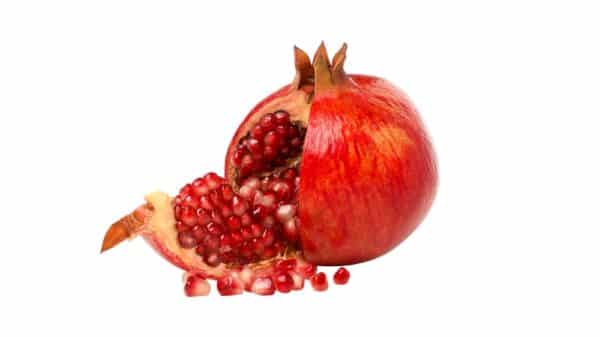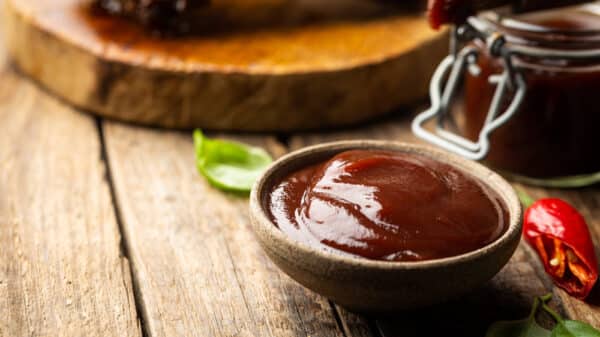For anyone who recalls the low-fat revolution in the ’80s and ’90s, when our diets were filled with tasteless, chalky products and the idea of fat was demonized, it’s refreshing to see how perceptions have shifted. Today, we’re embracing the value of dietary fats, recognizing them no longer as villains but as essential macronutrients that play crucial roles in our health. They support brain health, help produce hormones, and aid in absorbing important vitamins like A, D, E, and K. Plus, they make our meals taste better and keep us feeling satisfied. However, as we know, not all fats are equal, and being mindful of what types we choose and how much matters.
First off, let’s clarify that not all fats are created equal. Unsaturated fats, including monounsaturated and polyunsaturated fats, emerge as the champions in our diets. Think of food sources like nuts, avocados, olive oil, and seeds—these are the heart-healthy folks you want to incorporate into your daily meals. On the flip side, saturated fats, while sometimes perceived negatively, do have a purpose; they support cellular function and are involved in hormone production, provided we consume them in moderation.
When saturated fats become a concern, they should make up no more than 10% of your total calories, according to dietary guidelines. In contrast, trans fats deserve to be treated with caution. “Artificial trans fats are harmful and linked to increased risk factors for chronic diseases like diabetes and heart disease,” explains Mary Stewart, a registered dietitian. One simple way to minimize trans fats is to scrutinize food labels, looking out for partially hydrogenated oils, typically found in deep-fried foods and packaged snacks. It’s a good rule of thumb to limit those enticing cookies and cakes bursting with these unhealthy oils.
Despite some fats getting a rough reputation, many of them can actually enrich a balanced and healthy diet. Here’s a closer look at some fatty foods that can be great allies:
1. Whole Eggs
Don’t even think about tossing that yolk! Whole eggs, which include both yolk and white, are loaded with protein and healthy fats, creating a nutrient powerhouse that supports muscle mass and energy. “Eggs are packed with vitamins and minerals like choline, vitamin D, iron, and B vitamins,” notes Stewart. The vast majority of these beneficial micronutrients reside in the yolk. This delicious duo of protein and fat not only supports your immune system but also boosts brain function and can help combat inflammation. And while eggs contain cholesterol, recent research indicates that dietary cholesterol doesn’t substantially impact blood cholesterol levels for most people, making one egg a day a perfectly acceptable choice.
2. Whole Milk Products
For those who can handle dairy without a hitch, whole milk and its byproducts present a unique nutritional profile, says Lauren Harris-Pincus, a dietitian. Ditch the skim milk and embrace whole dairy; it’s a fantastic source of protein and provides essential vitamins and minerals like B12, calcium, potassium, and magnesium. Though whole milk does contain saturated fat, studies suggest that the saturated fat from dairy does not have the harmful effects typically associated with saturated fats from other sources. In fact, a 2022 study showed that men consuming more dairy-derived saturated fats had a lower risk of heart disease and healthier cholesterol levels than those who didn’t. Aim for three servings a day from options like yogurt, kefir, or cheese for a nutrient boost.
3. Butter
While swapping out your olive oil or avocado oil for butter might feel like a no-no, let’s not overlook its culinary magic. Butter—and even ghee—add unmatched flavor to various dishes. Both are rich in butyric acid, a short-chain fatty acid that promotes gut health and can lessen inflammation. “A tablespoon of butter or ghee provides 11% to 13% of your daily vitamin A needs, which is key for immune and eye health,” Stewart advises. So, indulge in that buttery goodness, but remember, moderation is key: stick to a tablespoon a day for best results.
4. Coconut Oil
Coconut oil might come with a health halo, but it’s high in saturated fats, which can raise levels of LDL (the bad cholesterol). However, it can also elevate HDL (the good cholesterol), though more research is necessary to fully understand the implications. Coconut oil contains medium-chain triglycerides (MCTs), which may help with weight management and metabolic health. “There’s some evidence that MCTs could be beneficial for gut health too,” notes Stewart. Until more definitive findings emerge, feel free to use coconut oil occasionally, but don’t let it monopolize your cooking oils.
In summary, fats are not the enemy; rather, they’re an integral part of a satisfying and healthful diet. Unsaturated fats should mainly dominate your fat intake, but don’t shy away from well-chosen saturated fats in moderation. Who knows? You might discover that some of those once-dismissed “bad” fats can provide nutritious perks when enjoyed wisely, like butter, ghee, whole dairy products, and even whole eggs. Embrace these sources and enjoy the balance they encourage in both your meals and your health!
Image Source: Unsplash































